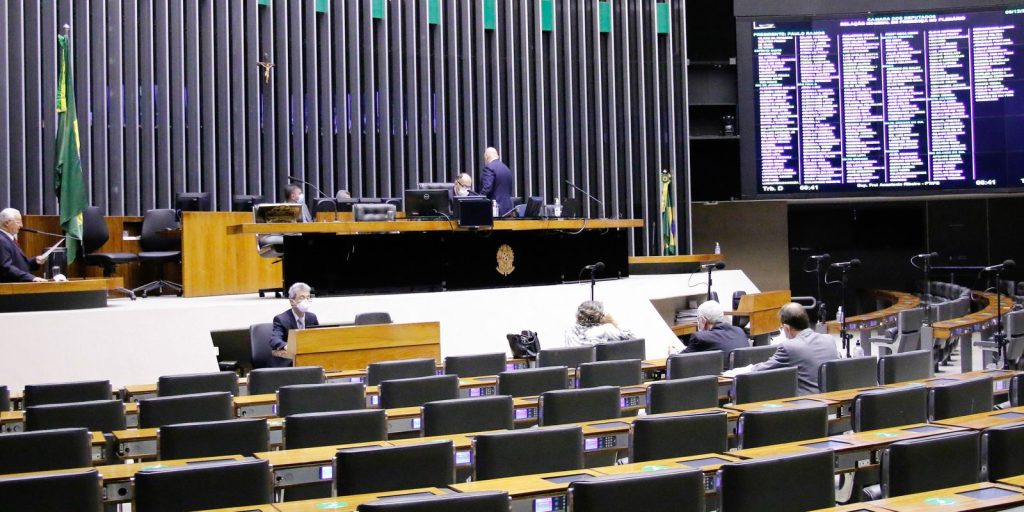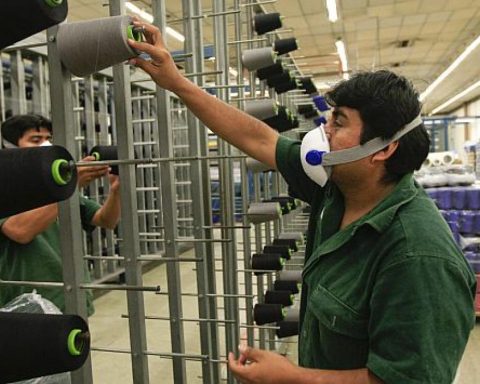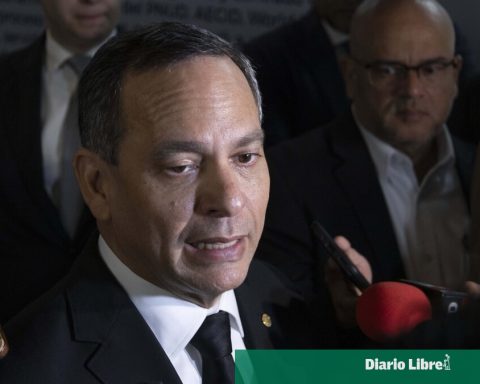Page Seven / La Paz
Inflation in neighboring countries is skyrocketing, but devaluations in those nations and the fixed exchange rate neutralize the impact of a rise in the prices of imported products in Bolivia.
Last month the Consumer Price Index (CPI) registered a positive variation of 0.19%. The accumulated variation to November was 0.74%.
According to the Bolivian Center for Economic Studies (Cebec), the analyzes of national and international organizations on the impact of imported inflation in Bolivia suggest that it is around 25%, something that in technical terms is known as the “pass-through coefficient” .
In other words, if imported products increase 8% abroad, in the country it will imply two more percentage points of inflation, something that manifests itself in at least three to six months.
The most worrying cases are Brazil 11% and inflation in 12 months until the most recent month, Chile 7% and Peru 6%, since inflation has risen from almost zero levels during the pandemic. “In the case of Argentina, inflation is above 50%, but it has been at those levels even before the pandemic,” says Cebec.
However, he assures that the effects of inflation in neighboring countries are not worrying for several reasons at the moment. “In principle because inflation in the country is low (less than 1% so far in 2021) and the rise in inflation would manifest itself in more than a quarter. In any case, the effect of China’s imports is more likely to be more evident than that of neighboring countries ”, he emphasizes.
Secondly, because the rise in inflation has coincided with the weakening of the currencies of these countries due to the outflow of capital in the face of the rise in international rates and the deterioration of local conditions. “Then, the rise in prices will be mitigated by exchange rate movements,” he adds.
In addition, for Cebec, the rise in prices will imply higher import costs for the informal sector through smuggling, which could be favorable for national production, whose prices remain constant.
Former Finance Minister Ronald MacLean said that inflation in neighboring countries always affects the country.
But he clarified that, in the case of Argentina, the rise in prices makes its currency the Argentine peso cheaper. “In this way, Argentine goods and services become cheap, we are going to fill ourselves with products from that country, an apple for example will be 30% cheaper than ours. With less dollars, more is imported and affects the national industry, “he said.
Financial analyst Jaime Dunn argued that Bolivia, having a fixed exchange rate for smuggling, enters cheaper products and that impacts on price stability and that there is no increase.
In addition, due to the devaluation of its currency, the products that arrive, for example, from Argentina, despite the inflationary effect, are still cheaper when they enter Bolivia.
In any case, if the upward trend in prices persists in neighboring countries, it may have an effect in Bolivia in the following months, he warned.
He explained that there are inflationary pressures in the world because countries injected resources to reactivate their economy and fiscal policies contributed to increasing demand.
The economist Fernando Romero opined that, as long as Argentina or Brazil continue to devalue their currencies, there will be no impact for Bolivia due to the inflation unleashed in those countries.
“As much as they have inflation, due to the exchange rate, that is not going to be felt in the Bolivian economy and there will not be a significant effect on inflation unless something extraordinary happens, such as a fifth wave of the Covid pandemic- 19 “, he specified.
In addition, the smuggling that moves 2.3 billion dollars a year makes the prices of food and others in the domestic market cheaper and there are no pressures on inflation, he added.
Inflationary spiral in neighboring countries
-
Rise The consumer price index (CPI) of Argentina registered a year-on-year increase of 52.1% and 3.5% in October compared to September, maintaining an upward trend, although private projections predict a slight slowdown for the rest of 2021. (EFE)
-
Brazil Brazilian inflation reached 10.74% in the 12 months to November, a maximum since the same month in 2003, despite the fact that the monthly price increase was slightly lower than that of October. (AFP)
-
USA Former BCB director Roger Banegas said that to the extent that the devaluations of Brazil and Argentina exceed their inflation, there will be incentives to buy cheaper products. In Brazil, the devaluation of the real is 14%. In Argentina, this is chronic.
















